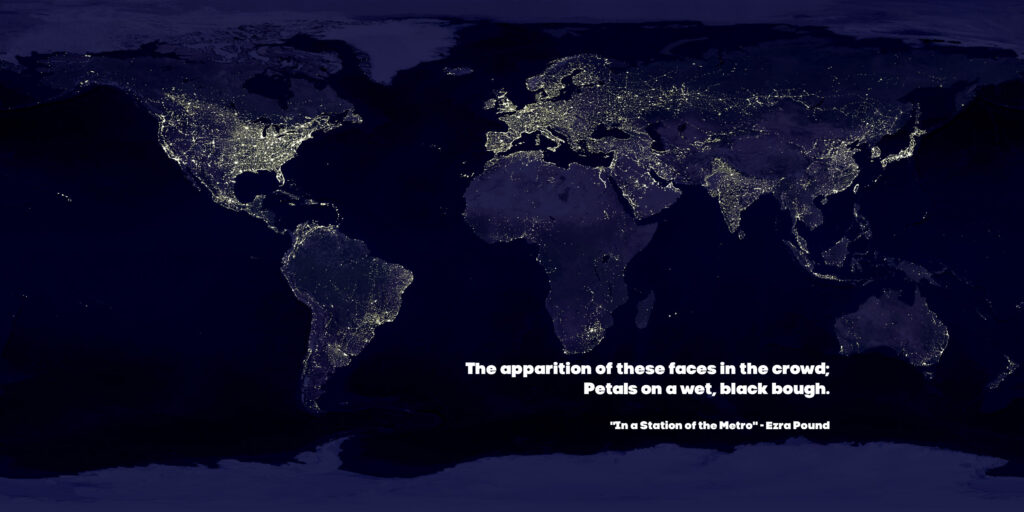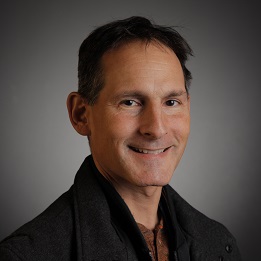
The Global Awareness and Engagement Initiative (GAEI) of the Association of Theological Schools
The Global Awareness and Engagement Initiative (GAEI) of the Association of Theological Schools (ATS) was formally established in 2013 by ATS and the Commission on Accrediting to conduct practical research and conversations “enabling schools to develop new skills or perspectives and to enhance public understanding of theological education.” Currently working with its global partners, including the Global Forum of Theological Educators (GFTE), the International Council for Evangelical Theological Education (ICETE), and the Association for Theological Education in Southeast Asia (ATESEA), GAEI, which has made significant progress as it reaches its 10-year anniversary this year, is presently led by a 9-member initial planning group, namely the following:

- Betty W. Holley, Ph.D., Academic Dean, Director of the Master of Divinity Degree Program, & Full Professor of Ecological Theology, Payne Theological Seminary
- Oliver McMahan, Ph.D., Professor of Clinical Mental Health Counseling VP for Institutional Effectiveness & Accreditation, John D. Nichols Professor of Benevolence, Pentecostal Theological Seminary
- Sebastian Mahfood, Ph.D., Provost at the Sacred Heart Institute in Huntingon, New York, President of En Route Books & Media, Producer of WCAT Radio
- Elsie Miranda, Ph.D., ex officio, Director of Accreditation and Diversity, The Association of Theological Schools
- James R. Moore, Ph.D., Director of Accreditation, The Association of Theological Schools
- Emanuel Naydenov, Ph.D., Director of Masters Programs, Director of Extension and Affiliate Education, Associate Professor of Theology (Undergraduate), Trinity Evangelical Divinity School
- Lester Edwin J Ruiz, Ph.D., Director of Accreditation and Global Engagement, The Association of Theological Schools
- Tite Tiénou, Ph.D., The Tite Tiénou Chair of Global Theology and World Christianity, Research Professor, Theology of Mission, Dean Emeritus, Trinity Evangelical Divinity School
- David Wang, Ph.D., Associate Professor of Psychology, Editor, Journal of Psychology and Theology, Academic Journal Publications, Fuller Theological Seminary
Our theological world is already global in mission and practice, with the inclusion in over half of the mission statements of ATS member schools of words such as “world,” “global,” “international” and “all people/humankind.” Any given institution’s initiative to become more intentionally globally aware and engaged will, thus, find a certain capacity on the part of North American partners to provide support. Importantly, as highlighted on the GAEI webpage, “[t]his initiative is pursued because the majority world has much to offer North American theological education, not because the West has an idea or strategy to convince the rest of the world that it should pursue.” Engaging globally with that in mind curbs the tendency toward colonialism or paternalism.
In a lecture entitled “The future(s) of theological education in a globally shaped world,” delivered at The Paul G. Hiebert Center for World Christianity and Global Theology located on the campus of Trinity Evangelical Divinity School of Trinity International University in Deerfield, Illinois, Dr. Ruiz spoke of “the desirability of multilateral, multilayered, and multi-perspectival partnerships and voices that:
- seriously attend to the intersectionalities of the issues related to globally-oriented theological education and ministry;
- intentionally deepen and broaden sensitivities to the nuances and specificities of asymmetrical space, time, and place;
- recognize the multidirectional flows of interdependence and relative autonomy in global North-South relationships;
- flatten power differentials arising out of the unevenness of human, financial, and physical resources, and of history and location; and
- enhance solidarity and friendship across boundaries of diversity, difference, and plurality.”
Such partnerships, to be effective, need to be based on mutuality and collegiality at all levels, which will enable everyone involved to capture some of the value each partnership at whatever level adds. In addition to understanding, and especially living, effective partnerships, GAEI has another five strategic and overlapping directions. These are namely:
- global engagement within North America,
- cultivating scholarly and programmatic “trade routes” (exchanges)
- contributing to a pan-Christian conversation on theological education,
- educational and degree programs of study, and
- continuing research and care.
While the programmatic challenges of GAEI have been addressed over the past decade, this next decade will find among its areas of greatest concern the cultural challenges that necessarily arise when communities come together to form communities of praxis. Some such challenges are based on differences between, for instance, collectivist and individualist cultures or between hierarchical and egalitarian cultures. Seminaries and theological schools cultivating within their own communities a practical understanding of intercultural competencies will more effectively partner with other institutions and organizations. Such is the purpose of GAEI’s two-year pilot funded through ATS’s New Century Fund to pursue opportunities for mutual sharing that will create value for all involved.
To see Dr. Ruiz’s Hiebert Center lecture, please click the play button below:
Dr. Sebastian Mahfood, OP, is the Provost of Sacred Heart Institute in Huntington, NY, and additionally serves as President of En Route Books and Media, LLC, Producer of WCAT Radio, and Director of the Institute for Theological Encounter with Science and Technology in St. Louis, MO.

Recent Comments